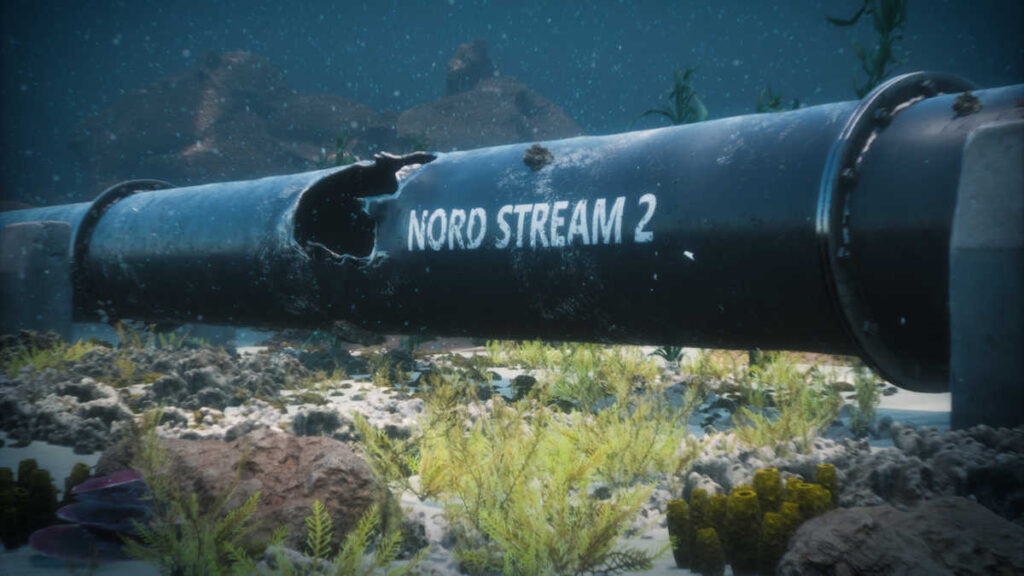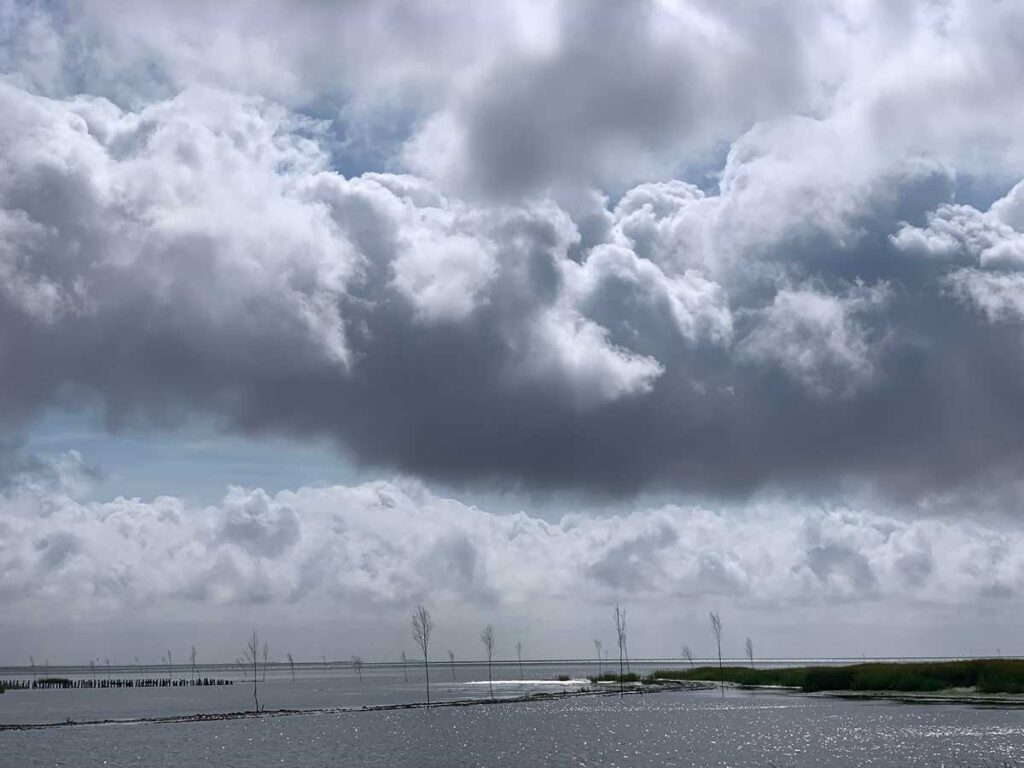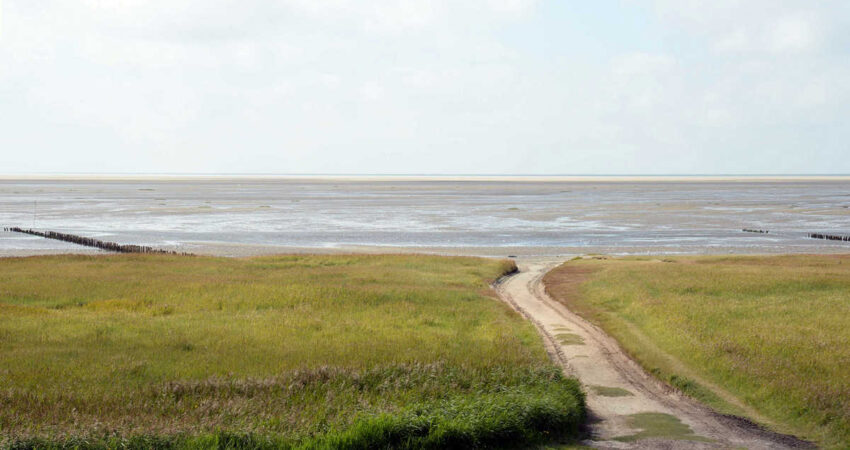The prospect of reviving the Nord Stream 2 pipeline has been emerging since the very start of the new US administration, both behind the scenes at senior intergovernmental levels and on the ground in Germany. In this article we will look into the rumours, to assess whether Nord Stream 2 can be revived.
The Nord Stream 2 project has been shelved since February 2022 due to Russia’s invasion of Ukraine. Even before then, however, the pipeline was seen by many as controversial and a threat to Europe’s energy independence.
Donald Trump himself was an active critic of the project, pushing Europe to buy more LNG from US companies. Now, it would appear the Trump administration wants to rebrand Nord Stream 2 and kick-start its operation.
While most European players remain reluctant to accept Russia’s gas even under a new brand, some are trying to seize the opportunity.
Secret Talks
In early March, rumours leaked to the press that trusted representatives of the Russian and American presidents had met to discuss the possibility of reactivating Nord Stream 2. A deal being considered could see American investors acquiring a stake in the pipeline’s operating company Nord Stream 2 AG, thus financing the repair of one of the two lines damaged in an attack in 2022.
Negotiations reportedly took place in Switzerland and were led by Matthias Warnig, a former East German intelligence officer who ran Nord Stream 2 AG, and Richard Grenell, Trump’s former ambassador to Germany and current special presidential envoy.
The main idea is to revive the pipeline using American financial support. The Daily Mail https://www.dailymail.co.uk/news/article-14454979/US-secret-talks-Putin-ally-restart-Nord-Stream-2-pipeline-two-years-blown-sabotage-attack.html mentions Stephen Lynch, a wealthy businessman linked to President Trump, as a potential investor in the project, noting that none of the three men have confirmed that any talks have taken place.
Talk of reviving Nord Stream 2 is growing, but the plans are vague. Earlier this year another rumour circulated https://www.bne.eu/germany-looks-to-repurpose-nord-stream-2-for-green-gas-project-365653/?source=ukraine , to the effect that Germany seeks to repurpose the Nord Stream 2 infrastructure in order to deliver liquefied hydrogen to and from northern Europe.
Although the German government has not acknowledged any such preparations, it has not denied them. What is more, as early as January, Denmark’s energy agency authorised Nord Stream 2 AG to conduct maintenance works: this may indicate plans to use the infrastructure despite the current political standoff.

Adobe Stock: #591741990
Eastern Germany’s Hopes
The prospect of reviving Nord Stream 2 has particular appeal in eastern Germany, where many consumers and businesses are attracted by stable energy supplies and relatively low prices. A recent survey conducted https://www.ostsee-zeitung.de/mecklenburg-vorpommern/gas-aus-russland-fast-jeder-zweite-in-mv-will-das-wieder-hoffnung-fuer-nord-stream-XJVYDQZRGREJXIVOAXCDTZ63GU.html by Ostsee Zeitung reveals that 49% of voters in Mecklenburg–Western Pomerania support the idea of reinstating gas deliveries via Nord Stream 2. The rationale behind this is clear: many in the region are concerned about rising energy costs and the economic implications of energy shortages. Reliance on affordable natural gas from Russia has historically been a cornerstone of the region’s energy strategy, and the current situation has left many feeling vulnerable.
Supporters of the project, including some German politicians, also argue that natural gas delivered via pipeline is more environmentally friendly than coal and less dangerous than nuclear power.
According to the Ostsee Zeitung survey, support is especially strong among BSW and AfD voters, while the CDU and SPD are against new gas deals with Russia. But even centre-right politicians do not rule out the idea entirely. “If one day a just and secure peace [with Ukraine] is established, then we should also be able to discuss purchasing Russian gas again,” said CDU politician Jan Heinisch, a negotiator in his party’s federal coalition talks with the centre-left Social Democratic Party.
Financial Concerns
Reviving the Nord Stream 2 pipeline is not without financial challenges. Robert Bechler, a spokesman for Swiss-based Transliq AG, acting as temporary administrative receiver of Nord Stream 2 AG, was quoted as saying that estimates suggest the anticipated maximum costs of repairing the Nord Stream 2 pipeline to allow for its future use will total €633 million. This figure appears in an internal report prepared by the company.
Another estimate, cited https://www.dailymail.co.uk/news/article-14454979/US-secret-talks-Putin-ally-restart-Nord-Stream-2-pipeline-two-years-blown-sabotage-attack.html by the Daily Mail, is for €95.5 million just to seal the pipe.
In any case, the company that currently owns the pipeline is under severe sanctions and is acutely financially constrained. Even if agreement with American investors is reached, there is no guarantee that Nord Stream 2 AG will be able to proceed with its plans.
The long-term viability of such an investment is also unclear. Although energy shortages and soaring prices indicate that a stable gas source will secure customers, the European Union’s increasing focus on renewable energy sources and reducing dependence on fossil fuels is an increasingly important and unfavourable factor.

Eigenes FOTO: Baltic Sea Denmark
Political Checks and Balances
Indeed, the political obstacles are even trickier. Berlin faces a delicate balancing act: it must navigate its energy needs without developing a new dependence – this time on American LNG. At the same time, cooperation with Russia, even if economically beneficial for Germany, carries significant reputational risks.
Addressing his European counterparts, Germany’s former vice-chancellor and economy minister Robert Habeck strongly condemned any involvement with the Nord Stream projects. “The Ukrainians are still under the aggression of Russia, so talking about the potential of Nord Stream 2 – or Nord Stream 1 if it is repaired – is completely the wrong direction of discussion,” he said during a summit of EU energy ministers. “We have to support Ukraine and we are doing it.” Europe had “every reason to not trust Russia” and “it would be wise not to buy gas” from the country, he said.
Other German politicians are less unanimous. For instance, Free Democrat MEP Marie-Agnes Strack-Zimmermann claimed that the CDU is “already making efforts” to resume gas imports from Russia. In her opinion, these steps undermine Germany’s hard-fought energy independence from Russia.
Even within parties, opinions differ. Despite Ms. Strack-Zimmermann’s allegations, not all CDU members support the project. CDU member Ruprecht Polenz stated that “Vladimir Putin’s Russia can never be trusted again, and Donald Trump has shaken confidence in America. Therefore, the coalition agreement should rule out the reactivation of the Nord Stream pipeline.”
But if a ceasefire or better yet a peace agreement between Ukraine and Russia is reached, there are political forces that are ready to push for a more pragmatic course of action.
Moreover, the discussion has created interest in the possibility of reviving the Nord Stream 1 pipeline. Michael Kretschmer, Minister President of Saxony and one of the CDU’s four deputy chairs, told German news agency dpa that it was important not only to find the culprit for damage to the pipeline, but to guarantee its integrity. That is, the task at hand is to prevent the metal pipes from being corroded by sea water.
According to Kretschmer’s estimates, around €100 million is needed to achieve the task. This sum is relatively small given the €8 billion taken to build Nord Stream. He believes the federal government must preserve the pipeline, and that this is in Germany’s national interests.
Conclusion
All in all, the possibility of reviving Nord Stream 2 can be seen as a microcosm of the intricacies of modern energy politics in Europe. For eastern Germans, the hope for stable and affordable natural gas supplies is palpable, reflecting broader economic anxieties. As financial assessments and political positions unfold, Berlin’s decisions will not only shape the country’s energy future but also influence its standing in an increasingly interconnected world.

